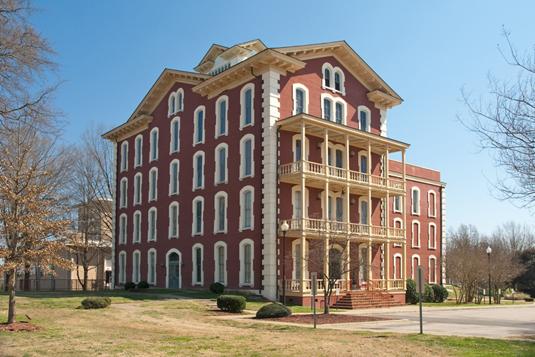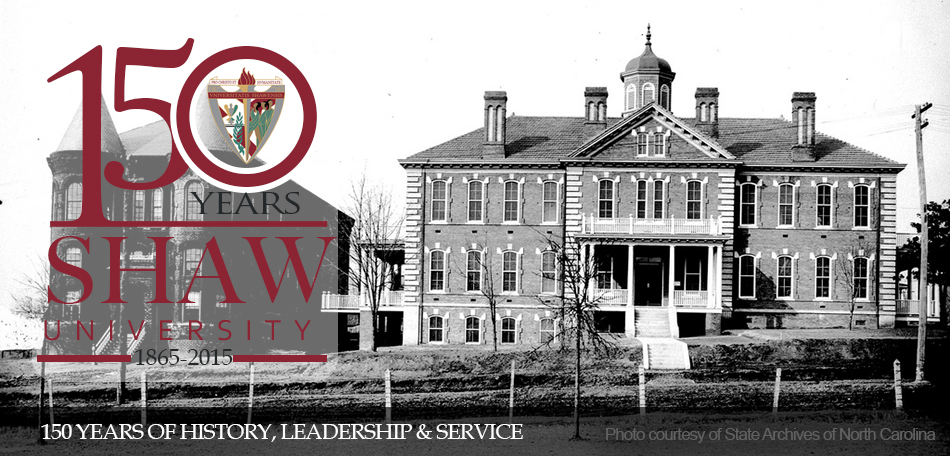HISTORY OF SHAW UNIVERSITY
Shaw University, located in Raleigh, North Carolina is the first historically Black institution of higher education in the South and among the oldest in the nation. The University was founded in 1865 by Henry Martin Tupper, a native of Monson, Massachusetts, a soldier in the Union Army during the Civil War, and a graduate of Amherst College and Newton Theological Seminary.
Shaw was originally founded as Raleigh Institute, a school designed to teach freedman theology and biblical interpretation. The school’s name changed to Shaw Collegiate Institute in 1870 and five years later it adopted its present name, Shaw University. The college offered its first post-secondary instruction in 1874, and the first baccalaureate degree was awarded in 1878.
Shaw has been the site of many notable achievements in African American history. It is credited as having the first four-year medical school for African Americans in the nation, Leonard Medical School, which operated from 1882 to 1914, as well as the first university to build a female dormitory on a coeducational campus, built in 1873. In addition, the Student Nonviolent Coordinating Committee (SNCC) was established after a conference which was held on Shaw’s campus in 1960.
Shaw University has produced outstanding professionals who have contributed to the advancement of society. Shaw graduates include several college presidents, a number of academic vice presidents, judges, lawyers, recording artists, school principals, pastors, teachers of the year, a president of the United Nations General Assembly, and other notable persons, such as:
- Ella Baker (1927), civil rights activist & co-founder of the Student Nonviolent Coordinating Committee (SNCC)
- Dr. C.T. Vivian (1972), became the director of Seminary Without Walls at Shaw University Divinity School in Raleigh, North Carolina, Dean of Divinity at Shaw University Seminary, and recipient of the Presidential Medal of Freedom Award
- Willie E. Gary (1971), multi-millionaire attorney, motivational speaker, businessman
- James “Bonecrusher” Smith (1975), 1st heavyweight boxing champion to earn a college degree
- Shirley Caesar (1984), Grammy Award-Winning Gospel singer
- Shawn “CoCo” McMillan (1995), 2010 Stellar Award Winner
- Gladys Knight (1966), Singer, Gladys Knight & the Pips, member of the Rock and Roll Hall of Fame, received Honorary Doctorate
- Van Green (1973), NFL Player
- Lee Johnson (1975), President & CEO of Mechanics & Farmers Bank
- Ronald "Flip" Murray (2002), Professional basketball player
- Ida Van Smith (1939), One of the first African American female pilots and flight instructors in the United States
- Angie Brooks (1950), The only African female President of the United Nations General Assembly. She was also the second woman from any nation to head the United Nations
- Adam Clayton Powell, Jr., D.D. (1934), Congressman from New York, 1945–71
- James E. Cheek (1955), Former President of Shaw University, President Emeritus of Howard University, 1983 recipient of the Presidential Medal of Freedom
- Luther Jordan (1997), Former member of the North Carolina Senate from 1993 to 2002
- Sheila P Moses (1983), Best selling author, nominated for the National Book Award & NAACP Image Award
- William L Pollard (1967), President of the Medgar Evers College (2009–2013)
- James E. Shepard (1894), Founder and President of North Carolina Central University
- Edawn Coughman (2010), Offensive Lineman and OT for the Buffalo Bills
Shaw boasts many “firsts”: the first college in the nation to offer a four-year medical program, the first historically Black college in the nation to open its doors to women, and the first historically Black college in North Carolina to be granted an “A” rating by the State Department of Public Instruction. Dr. Paulette R. Dillard, Ph.D., currently serves as the University’s President. Click to view more information about Dr. Dillard.
Shaw continues to produce outstanding professionals who contribute to the advancement of American society. In addition, the founder of North Carolina Central University and the first presidents of Elizabeth City State and North Carolina A&T Universities were all Shaw graduates. The third president of Fayetteville State University was also a Shaw graduate.
SHAW RISING
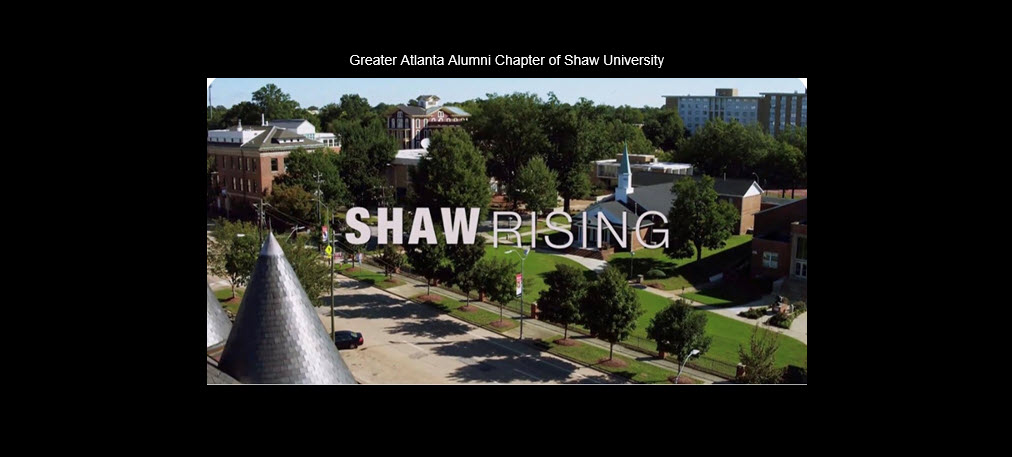
Shaw University started in December 1865 with a bible class for newly freed slaves in Raleigh, NC. Fighting vicious prejudice in the aftermath of the Civil War & the Jim Crow south, Shaw rose to become a co-educational college, a medical school, law school & divinity school.
THE MISSION OF SHAW UNIVERSITY - Atlanta Chapter
The Mission of the Greater Alumni Atlanta Chapter is to promote fellowship among local alumni, fundraise and assist in recruitment and retention of students for the advancement of Shaw University. Shaw University currently enrolls more than 1,800 students and offers more than 30-degree programs, including accredited programs in athletic training, kinesiotherapy, social work, divinity, religious education, and teacher education. Our mission is:
- to unite and promote fellowship among Shaw University alumni and friends;
- to encourage individual financial support of Shaw University through annual giving;
- to stimulate interest among potential students to attend Shaw University;
- to honor alumni who have given outstanding service;
- to improve communications between chapters and individuals where no chapter exists;
- to promote continuous growth and development of Alumni and to sustain interest in the welfare of Shaw University.
THE PURPOSE OF SHAW UNIVERSITY - Atlanta Chapter
- Develop and maintain mutually beneficial relationship between Shaw University and the local alumni community.
- Maintain and encourage alumni, friends and/or corporate financial support of Shaw University through various fundraising initiatives.
- Develop and maintain an open, transparent communication process with the National Alumni Association (NAA), University’s officials, and the active alumni base.
- Work closely with alumni members to ensure information is properly disseminated. This includes but not limited to current developments within the organization, NAA, and the university.
- Assist in recruitment and retention of students.
THE VISION and GOALS of the ATLANTA CHAPTER
- 100% active membership
- Develop and implement low cost fundraising strategy(ies) to consistently donate $5000 annually to scholars
- Establish and/or partner with an organization to participate in a Back to School Drive
- Foster a relation with community leaders to obtain corporate sponsorships to asist with scholarships
- Implement technology to go paperless, increase information sharing and create chapter transparency
- Establish effective, efficient committees to meet monthly and provide reports. If no report, report as such
- Establish effective communication from top down in the chapter
- Establish easily, understandable financial reporting
- Increase current active membership by 100%
- Increase current scholarship funds by 100%
- Increase current operating funds by 100%
- Establish an annual service project
- Volunteer for two community services
- Attend at least four HBCU College Fairs
- Establish a strong presence in Greater Atlanta through networking, branding, and community relationships
- Become the 31st HBCU that make up Atlanta HBCU Alumni Alliance
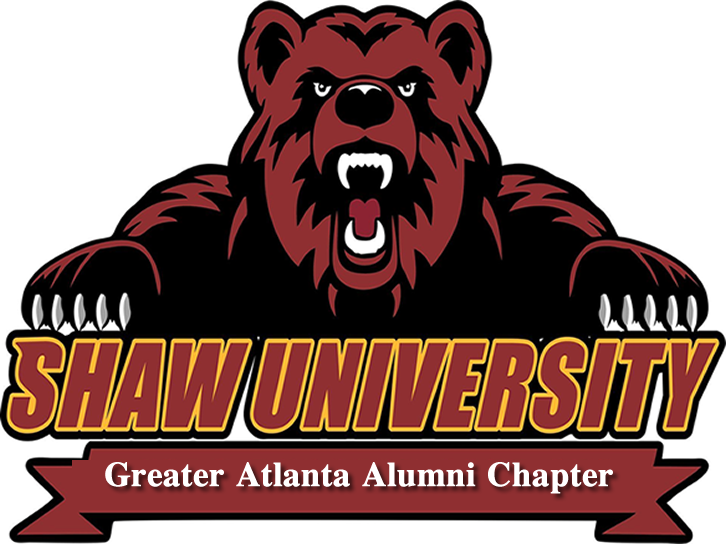
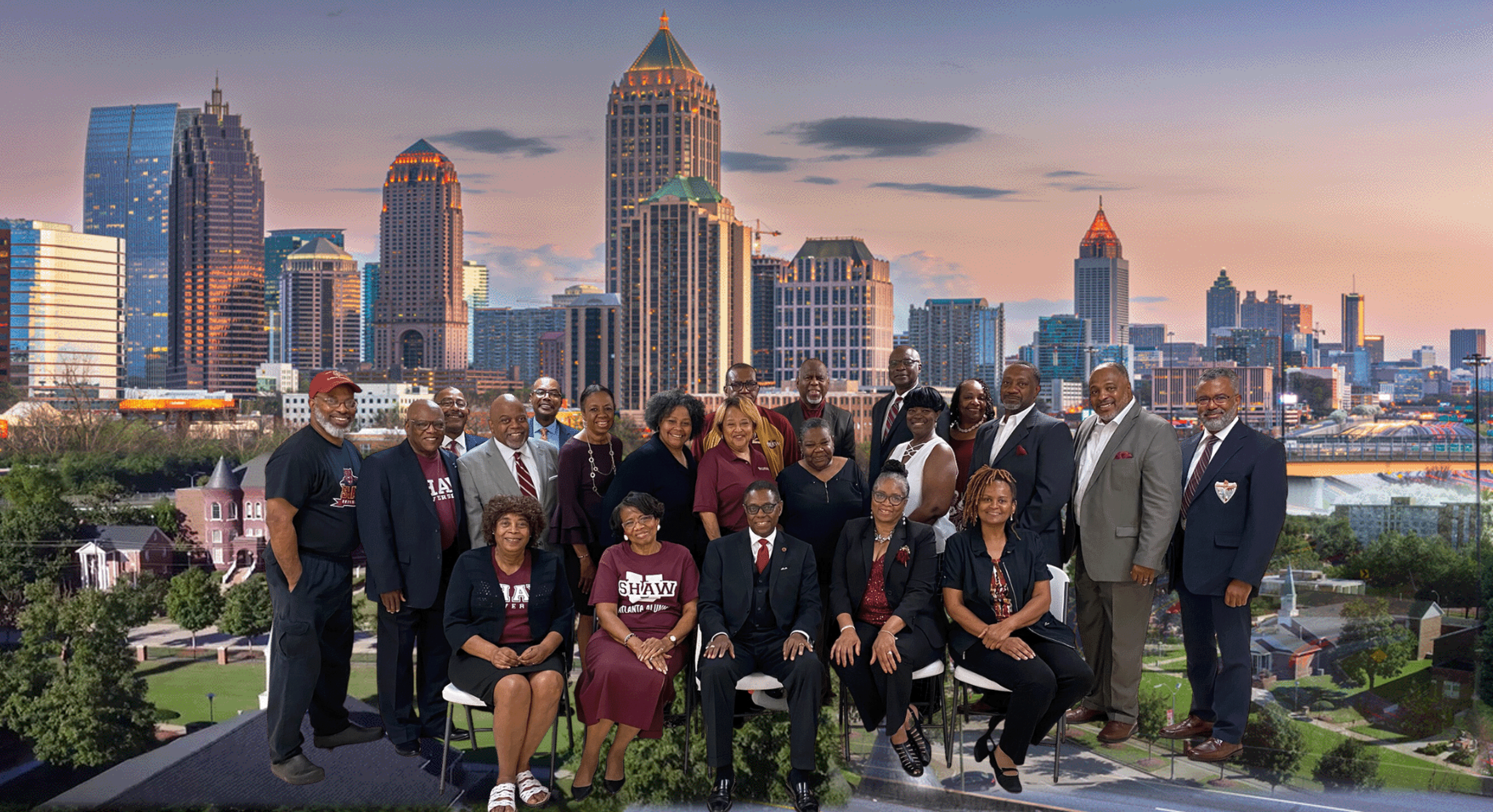
TIME LINE
Here is a time line of key events in Shaw University’s history
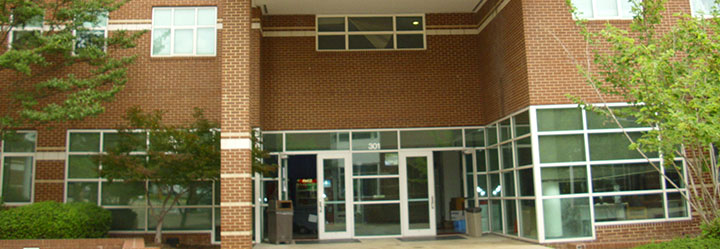
2000-2015
2006
2006
2006
2007
2007
May 13, 2009
May 13, 2009
May 13, 2009
June 2009
June 2009
Sept 9, 2010
Sept 9, 2010
Sept 9, 2010
April 16, 2011
April 16, 2011
Aug 6, 2011
Aug 6, 2011
Aug 6, 2011
August 15, 2011
August 15, 2011
March 24, 2012
March 24, 2012
March 24, 2012
Jan. 1, 2014
Jan. 1, 2014
June 2015
June 1, 2015
June 2015
April 2019
April 2019
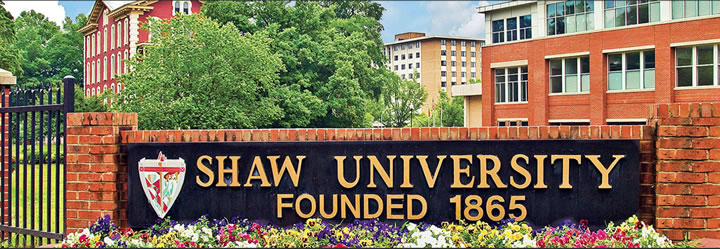
1900-1999
1902
1902
1902
1909
1909
1914
1914
1914
1918
1918
1923
1923
1923
1924
1924
1927
1927
1927
1931
1931
1933
1933
1933
1934
1934
1936
1936
1936
1936
1936
1948
1948
1948
1949
1949
1960
1960
1960
February 1960
February 1960
1963
1963
1963
1968
1968
1975
1975
1975
1976
1976
1984
1984
1984
1987
1987
1995
1995
Also, Shawn “CoCo” McMillan (1995), 2010 Stellar Award Winner was a notable alumni.
1995
1996
1996
1865-1899
Dec 1, 1865
Dec. 1, 1865
Dec 1, 1865
March 1, 1866
March 1, 1866
1870
1870
1870
1873
1873
1875
1875
1875
1878
1878
1885
1885
1885
1886
1886
1888
1888
1888
1890
1890
1893
1893
1893
1895
1895
